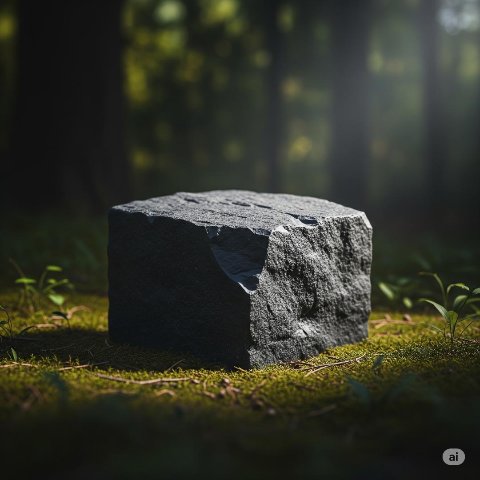The pure awareness of being. You leave yourself behind, and become part of the whole of creation; leaving your ego behind, you simply are.
Nothing to strive for, nothing to become, there is only presence. You simply are. No longer trapped in your mind, you can observe your thoughts, emotions and reactions without being swept away by them. You are not your thoughts, you are the observer of them.
These profound words articulate a fundamental truth at the heart of Daoist philosophy and practice: the cultivation of pure presence. It is a state where the artificial constructs of ego dissolve, allowing us to merge with the natural flow of existence – the very essence of the Dao.
In the hurried cadence of modern life, we are often caught in a relentless cycle of striving: for possessions, for recognition, for an imagined future ideal. This constant pursuit creates a persistent tension, an internal friction that distances us from our authentic selves. Daoist masters taught us that true contentment and efficacy arise not from rigid effort, but from a profound relaxation into the present moment. This is the principle of Wu Wei (??), often translated as “non-action” or “effortless action.” It does not imply idleness, but rather action that is so aligned with the natural order that it feels effortless, like water flowing downhill. When you “leave yourself behind” and “simply are,” you are embodying Wu Wei, relinquishing the need to force, control, or impose your will. You are moving with the grain of life, rather than against it.
This surrender to being is intimately connected to Ziran (??), or “naturalness” and “spontaneity.” To simply be, untainted by judgment or expectation, is to return to your original, unadorned state – akin to the Daoist concept of P’u (?), the “uncarved block.” An uncarved block is whole, complete, and perfect in its simplicity, yet holds infinite potential. It is not striving to become a statue or a piece of furniture; it simply is wood. When we shed the layers of self-identity constructed by societal conditioning and personal narrative, we return to this primal wholeness. We become part of the “whole of creation,” recognizing our inextricable link to the universe, rather than viewing ourselves as separate entities battling against it.
One of the most liberating aspects of cultivating presence is the ability to become the “observer of thoughts.” Our minds are ceaseless factories of ideas, worries, judgments, and memories. Often, we mistakenly identify with this internal chatter, believing “I am my thoughts” or “I am my emotions.” This entanglement is one of the 49 Barriers to spiritual growth, trapping us in mental constructs and emotional reactivity. The Daoist path encourages a different relationship: to witness these phenomena without attachment. Thoughts arise and pass like clouds in the sky; emotions swell and recede like waves in the ocean. They are not you. By simply observing, without judgment or engagement, we create space. This space allows for clarity, enabling us to respond consciously rather than react impulsively.
This refined state of awareness is also crucial for sensing and cultivating Qi (?), the vital life force that permeates all things. In practices like Qigong and Taiji, suppleness and flexibility are not merely physical attributes; they are manifestations of an internal state of relaxation and openness. Just as you describe in Push Hands Taiji, where one uses suppleness to “sense qi and use qi,” this sensing begins with a quiet mind and a present awareness. When the mind is still and the body is relaxed, the subtle movements and flow of Qi become perceptible. You become more attuned to the energetic currents within yourself and in your environment, allowing you to guide and amplify this essential energy for health, vitality, and spiritual insight.
This also brings us back to a core principle of Taiji and Daoism: resisting the instinct to meet force with force. When you are purely present, you are not burdened by the ego’s need to assert dominance or defend itself. Instead of meeting an incoming force with an equally rigid counter-force, the truly present individual yields, adapts, and redirects. This is the soft overcoming the hard, water wearing down stone – a profound application of Wu Wei. By maintaining your inner stillness and observing without attachment, you can fluidly respond to challenges, allowing them to pass through or around you, much like the flexible bamboo that bends in the wind rather than breaking. This is not weakness, but rather a superior form of strength rooted in alignment with the Dao’s inherent yielding nature.
To simply be, to reside in pure presence, is to live in harmony with the Tao Te Ching and the principles of the Great Dao. It is to release the burden of “becoming” and to embrace the perfection of “being.” It is the path of effortless action, profound naturalness, and ultimately, an expansive connection to the entire fabric of existence. By cultivating this state, we transcend the limitations of the mind and ego, finding our true home in the infinite, ever-present now.

